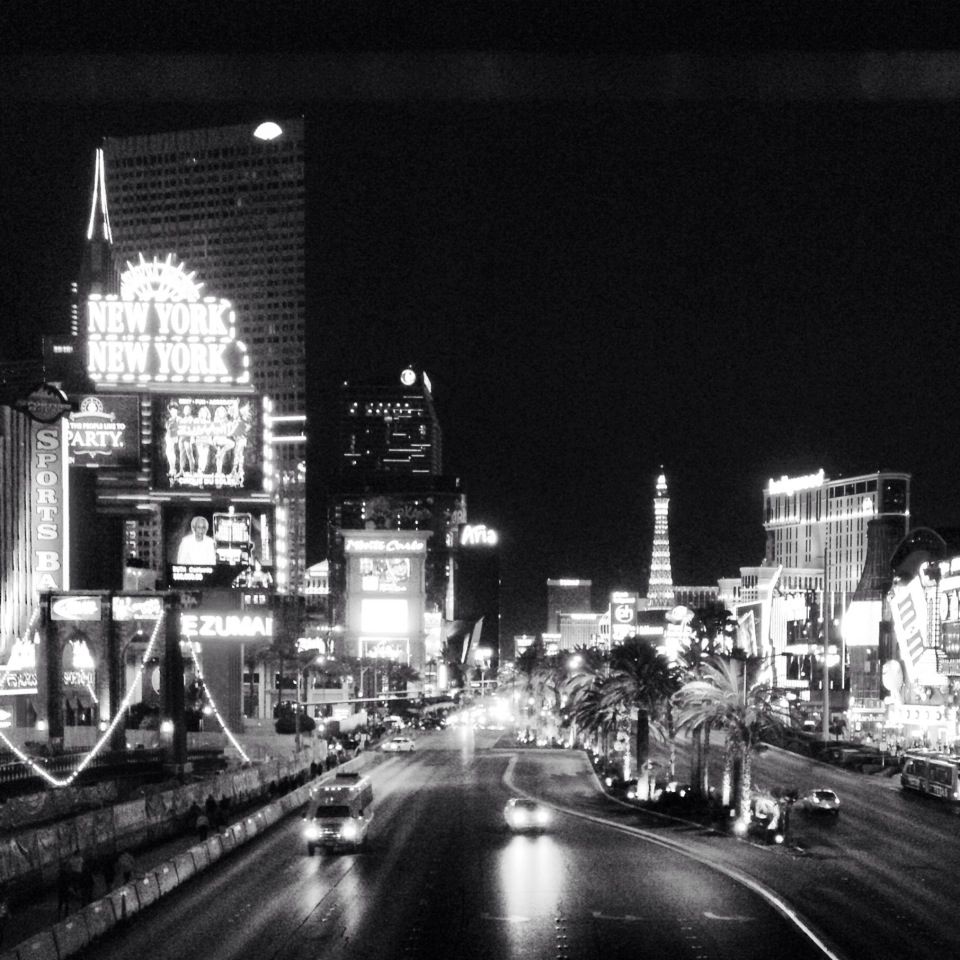Water Sources
 When I visited Las Vegas for the first time last October, I stood on the strip and marveled at the awesomeness of Caesar’s Palace, the magnificence
When I visited Las Vegas for the first time last October, I stood on the strip and marveled at the awesomeness of Caesar’s Palace, the magnificence
of the Venetian, and the size of everything in this bizarre metropolis of extravagance. I thought to myself, “This place is the embodiment of everything I am against—the excessive worship of wealth, sex, and reckless behavior. And yet, wow…there’s something wonderful about it all—ooo look! Fountains!
I imagine that the Apostle Paul feels this way as he wanders around Athens, gazing at the impressive architecture and at the abundance of golden statues of the posse of gods. Paul is distressed at the site of it, but a small part of him gets it and maybe even appreciates the grandiosity. Still, he’s on a mission to speak about the richness of life that God offers to all mortals—not just ones who live in spectacular settings or possess tremendous wealth or build statues to the gods of wind and rain and the kitchen sink. He’s on a mission to remind everyone that the things of our world are not the makings of abundant life; God is one in whom we “live and move and have our being.”
Where I think this conversation can go wrong is when Paul’s type of mission turns into inspiration for moralizing. Yes, a golden statue can be the object of one’s idolatry, and yes, the pursuit of ridiculous wealth can become one’s god, but so can the attempt to be obnoxiously moral or painfully superior.
It is a delicate balance to try and seek authentic relationship with God without turning our means of pursuit into the object of that relationship; as soon as we think we have found the way to God, we lose our way and forget that God is a parent to all of us.
To put it another way, I’ll borrow an analogy a mentor of mine uses; he uses it for evangelism, but I’m going to do a remix.
If we are fish, God is the water in which we live. God is not the water in one pond, one lake, or one ocean; God is the water. We find water where we find it—from the garden hose, the shower, or the creek near our house. But it is from a place of naiveté that anyone would imagine that God is only the water from the garden hose, only the water from the shower, or only the water from the creek by our house.
As we come across these new "sources of water" in churches or other communities, in liturgies, in the Bible, in knowledge or scientific discover, in solidarity movements, in politics, in personal relationships, in art, in nature, or in any number of things, it is helpful to remember that we can deepen our relationship with God in those things, but we can also tread into the shallow waters of idolatry quite quickly.
Authentic relationship with God is a lifelong process that probably extends beyond what we know life to be. Through all of the places and things with which we encounter and engage, God is present, and through those things God may be glorified, even in—ooo look! Fountains!
The Rev’d Curtis Farr is the assistant rector of St. James’s Episcopal Church in West Hartford, Connecticut. He offers reflections on the lectionary readings for the upcoming Sunday. His website is www.FatherFarr.com, and his Tumblr blog is www.BowingToMystery.com.
